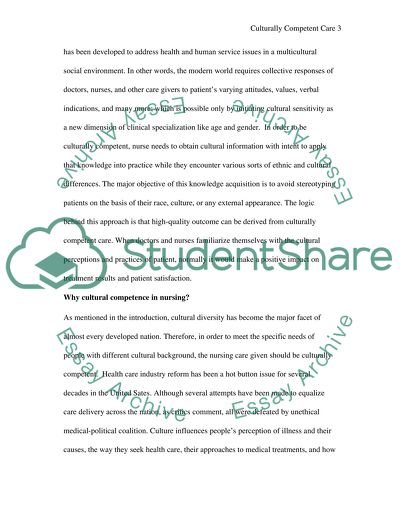Cite this document
(“Review emerging standards of culturally competent care Research Paper”, n.d.)
Retrieved de https://studentshare.org/family-consumer-science/1405101-review-emerging-standards-of-culturally-competent
Retrieved de https://studentshare.org/family-consumer-science/1405101-review-emerging-standards-of-culturally-competent
(Review Emerging Standards of Culturally Competent Care Research Paper)
https://studentshare.org/family-consumer-science/1405101-review-emerging-standards-of-culturally-competent.
https://studentshare.org/family-consumer-science/1405101-review-emerging-standards-of-culturally-competent.
“Review Emerging Standards of Culturally Competent Care Research Paper”, n.d. https://studentshare.org/family-consumer-science/1405101-review-emerging-standards-of-culturally-competent.


